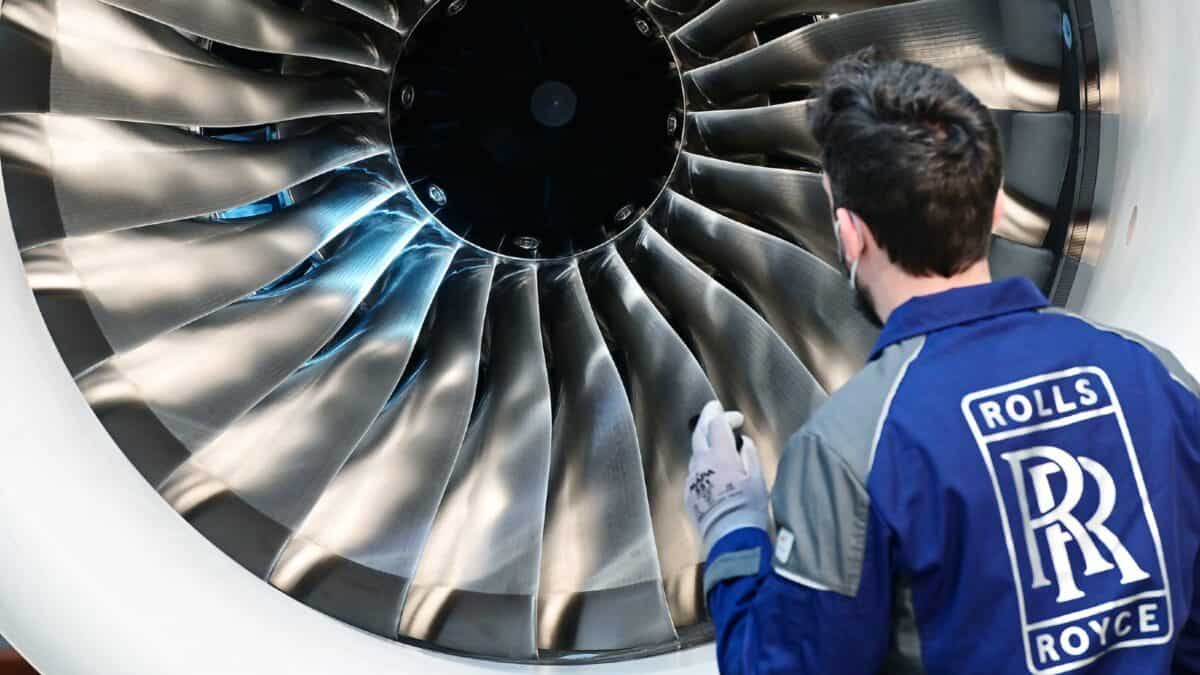It has been a high-altitude year for aeronautical engineer Rolls-Royce (LSE: RR). The past 12 months have seen Rolls-Royce shares soar by 195%. For an old company in a mature industry, that is an exceptional return.
Whether the shares move up or down from here depends on a number of factors, including how well the company’s ambitious turnaround plan works to deliver its stretching medium-term targets.
But looking at the incredible recent performance of Rolls-Royce shares, I can draw a couple of lessons I think may help me as I try to spot other potential stock market winners.
Market size matters for business potential
The performance of this FTSE 100 business has been getting better over the past several years. But I would say the share price recovery has raced ahead of the business recovery.
Why? One reason is that Rolls has an installed base of thousands of engines. Those will need to be serviced, in some cases for decades to come – and the obvious candidate to do that is the firm that manufactured them.
On top of that, demand for expensive aircraft engines is high – and only a few companies are able to produce them at scale.
For a share to perform like Rolls has over the past year, it helps if the City has confidence that the size of its potential market is large — and likely to stay that way.
A vision for growth can create its own momentum
Still, I said that I feel the shares have got ahead of themselves. To me, they look overvalued, based on current business performance.
But the thing is, a lot of investors are not valuing them on current performance. Instead, they are factoring in what they think the business might be worth in future (on that basis, I think they could yet turn out to be cheap).
That strikes me as a reasonable thing to do, but one of the risks involved is judging how a company may perform in a future that by definition is uncertain for now. That is true for Rolls-Royce, yet the shares have soared anyway.
I think that is because management has laid out a clear, specific plan for growth with numerical targets against which it can be judged.
When looking for shares to buy though, I want to make sure the valuation I use to make my decision is not subject to more variables than I am comfortable with. In fact, that is why I do not own Rolls-Royce shares.
I like the installed customer base, strong brand and proprietary technology. But if an event outside the firm’s control like a pandemic or terrorist attack sees demand plummet suddenly – as has happened in the past – I think the share price could fall sharply too.
I find it helpful to separate what I see as the underlying value of a company and the momentum a share can sometimes get due to investor excitement.
At the end of the day, I want to invest in what I see as great businesses selling as attractive prices, without being too distracted by price action driven by other investors’ enthusiasm.
This post was originally published on Motley Fool







